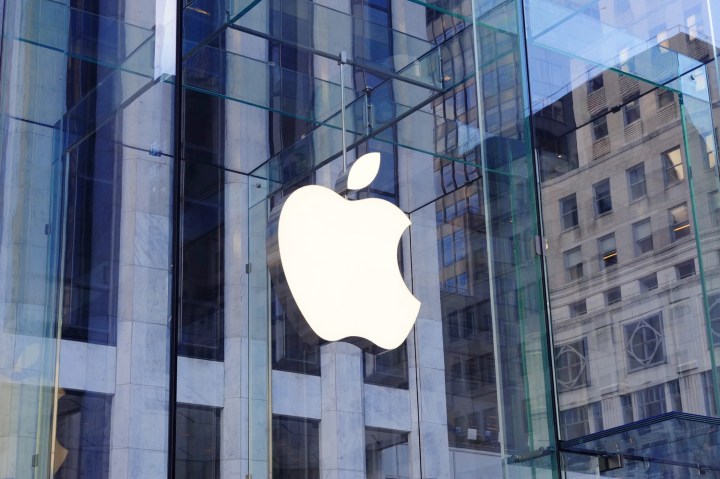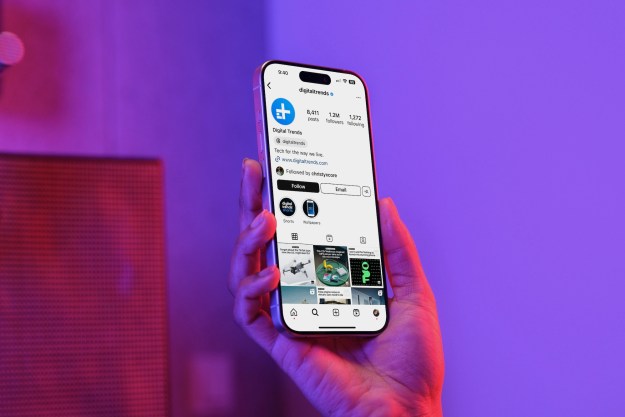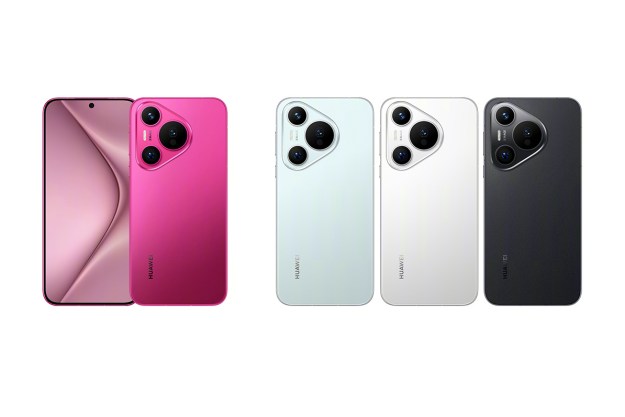
But some companies, like Apple, have taken the mission to heart and run with it. Today, the iPhone maker announced that all 242 of the smelters and refiners that supply it with conflict minerals are now a part of an auditing program conducted by the Conflict-Free Sourcing Initiative (CFSI), a third-party association.
The announcement, which comes several months after a report from Amnesty International accused the company and others of sourcing battery components from a well-known child labor employer, represents a milestone in Apple’s effort to phase out its use of conflict minerals. In a report last year, the iPhone maker announced that 199 of its 225 affected suppliers, or 88 percent, were enrolled in the program. In 2013, 44 percent were enrolled.
Encouraging 100% of its suppliers to comply was anything but easy, apparently. Complicating matters was the company’s decision to expand the number of conflict-region smelters and refiners from which it sourced rather than opting to contract a smaller number of approved suppliers. “You can do that, and you can declare yourself conflict free,” Apple supply chief Jeff Williams told Buzzfeed. “But that would have very little impact on the ground.”
Instead, the company recruited as many suppliers as it could to volunteer for regular audits. Not all agreed, Williams told Buzzfeed. “Unfortunately, we had to kick out 35 along the way that we were unable to convince to do things in the way we think is appropriate.” In fact, the company had to go so far as to “cajole, persuade, and even embarrass” non-participating suppliers, and in 2014, it gave the remaining holdouts an ultimatum: participate in the audits, or lose Apple’s lucrative supply contract. “[It’s] not about marketing ‘conflict free,'” Williams said. “It’s not about guilt-free purchases for consumers. It’s about reducing armed conflict.”
Identifying conflict minerals remains a logistical challenge. Although the CFSI rigorously monitors the movement of certified minerals through the use of barcodes, electronic tags, and other security mechanisms, especially determined suppliers still manage to occasionally evade detection. For that reason, Apple doesn’t consider itself “conflict free” just yet. “By current definitions and standards, we could declare ourselves conflict free,” Williams told Buzzfeed. “We’ve chosen not to do that [because] there are too many holes in the system [and] we aren’t ready to declare ourselves done.”
To that end, Apple will turn its attention toward individual groups “associated or potentially associated with armed groups, in particular the police in the DRC and the DRC national army, [who are] alleged to be involved in incidents linked to smelters in Apple’s supply chain.” And it plans to improve the auditing of specific conflict minerals which lack the strict oversight given to others. Leah Butler, program director of the CFSI, told Bloomberg that while almost 100 percent of the tantalum supply chain is audited, for example, it’s only 65 percent for gold. “There’s a lot more work to do,” she said.

